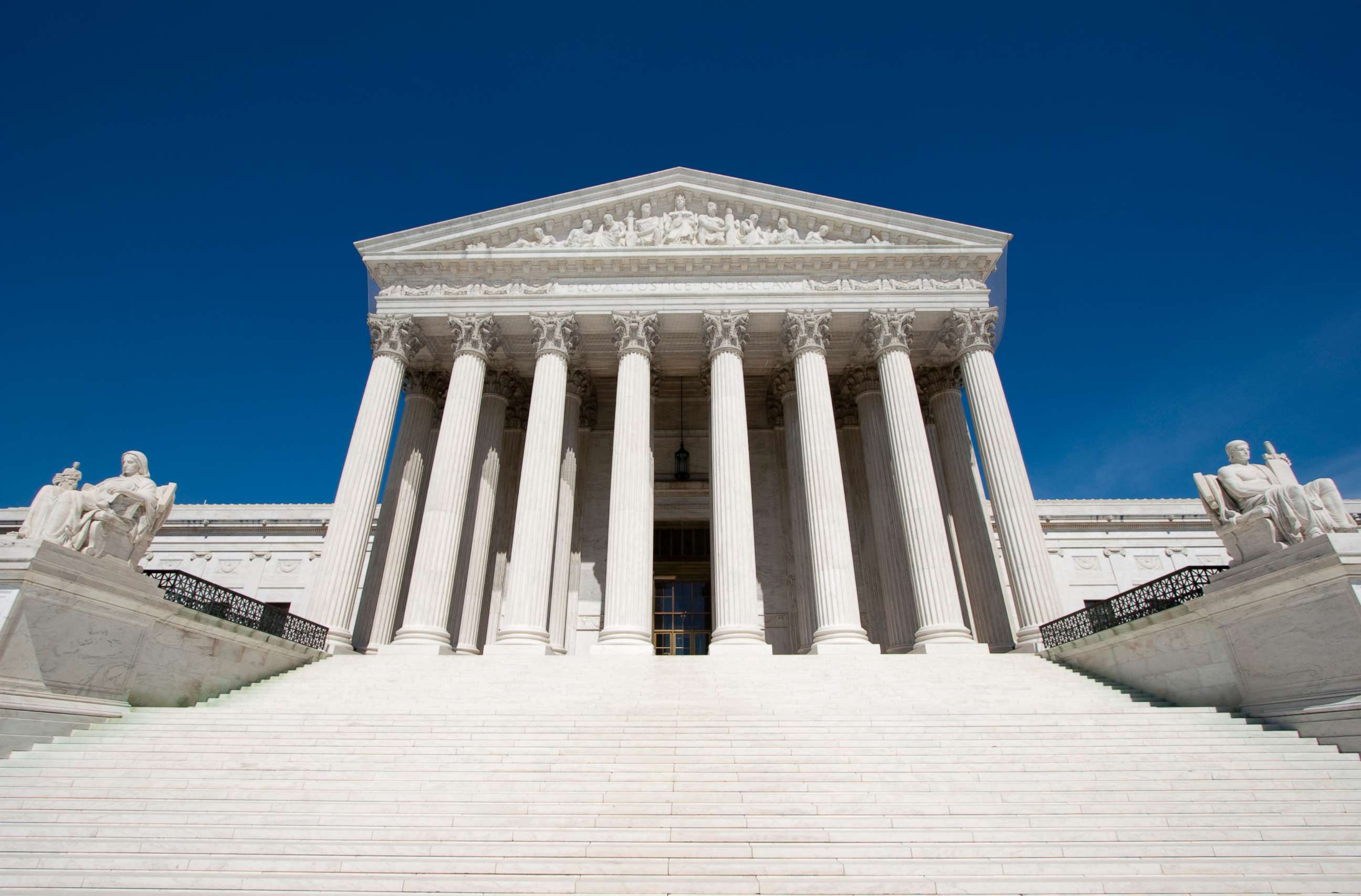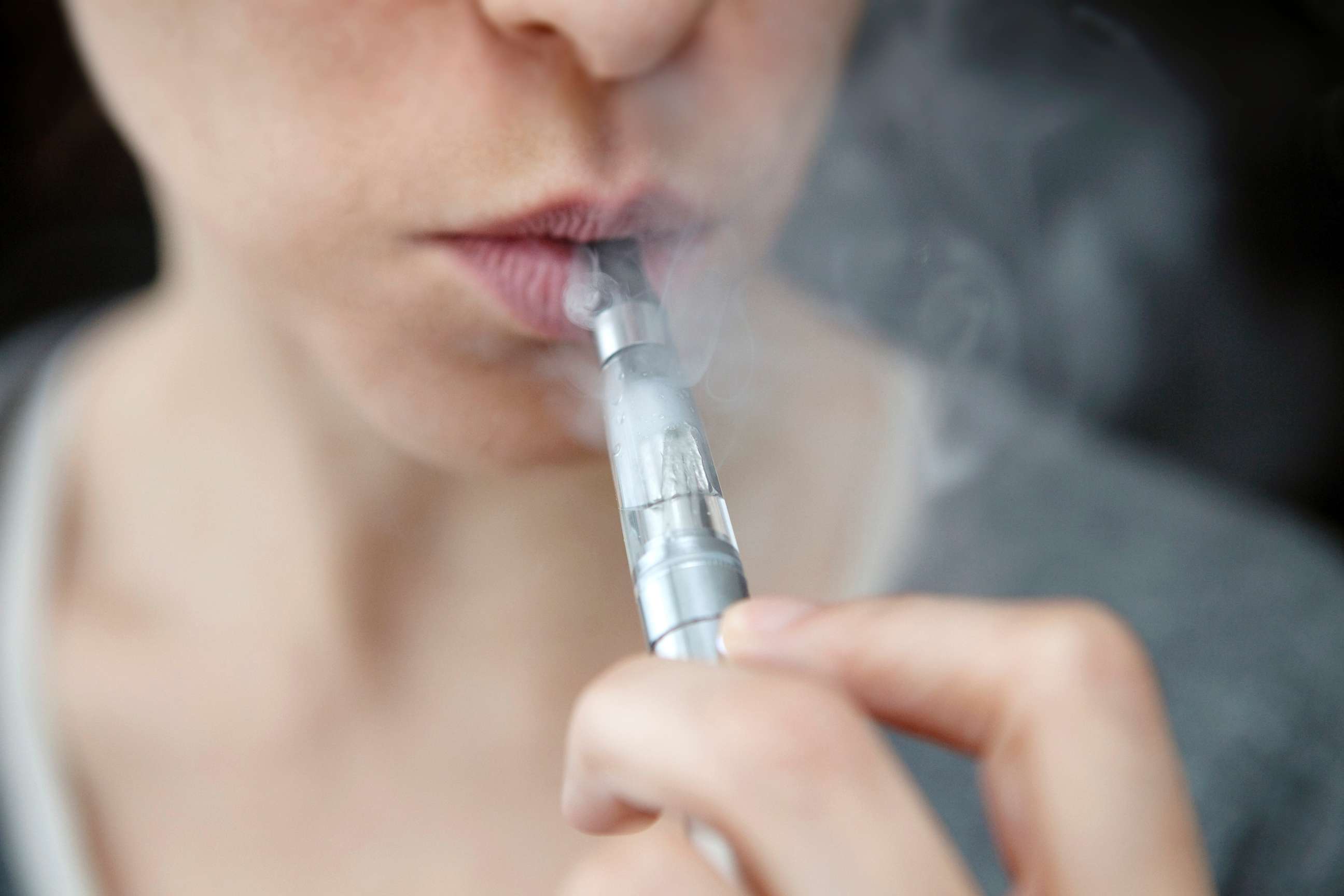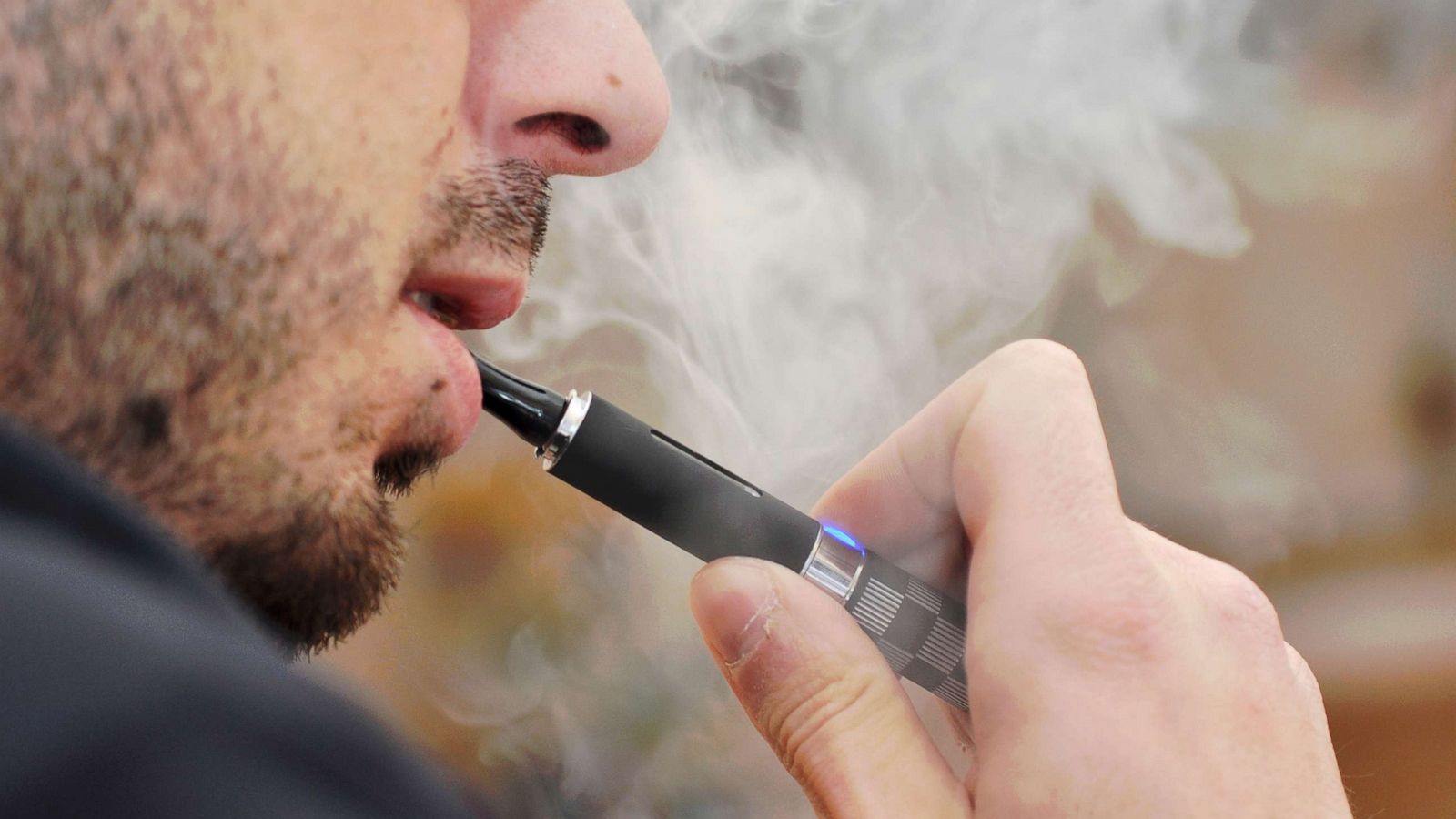A unanimous Supreme Court on Wednesday backed the Food and Drug Administration’s refusal to authorize the sale of kid-friendly flavored e-cigarettes and vapes, including the flavors “Killer Kustard Blueberry,” “Rainbow Road,” and “Pineapple Express.”
Justice Samuel Alito, in his opinion for the court, rejected the manufacturers’ claims that the agency had acted arbitrarily and capriciously in violation of federal law by changing the requirements for product approval in the middle of the process.
“In the end, we cannot say that the FDA improperly changed its position with respect to scientific evidence, comparative efficacy, or device type,” Alito wrote. He returned the case to a lower court for further review.
The ruling effectively holds the line on the government’s decision to severely limit the number of flavored tobacco products legally available in the U.S. market out of concerns over the impact on children.
Kid-friendly flavors, such as fruit, candy, mint, menthol and desserts — which are largely not approved by the FDA and are currently sold on store shelves illegally — have been fueling an explosion in retail sales of e-cigarettes.
While vaping among youth is declining, more than 1.6 million children use the products, according to the Centers for Disease Control and Prevention. Nearly 90% of them consume illicit flavored brands.

“Today’s ruling is a major victory for the health of America’s kids and efforts to protect them from the flavored e-cigarettes that have fueled a youth nicotine addiction crisis,” said Yolanda Richardson, president of the Campaign for Tobacco-Free Kids, an advocacy group. She noted the FDA has denied over 26 million flavored e-cigarette product applications so far.
“While the FDA has authorized the sale of only 34 e-cigarette products, manufacturers continue to flood the market with thousands of illegal, unauthorized products,” Richardson said in a statement. “To end this crisis, the FDA must deny marketing applications for flavored e-cigarettes and step up enforcement efforts to clear the market of illegal products. Today’s ruling should spur the FDA to act quickly to do so.”
An attorney for the companies — White Lion Investments LLC, operating at Triton Distribution, and Vapetasia LLC — said in a statement they view flavored vapes as a safe and valuable alternative for smokers trying to quit.
“We are obviously disappointed in the outcome. Triton and Vapetasia continue to believe in the great harm reduction potential of their products for cigarette smokers. We look forward to further proceedings before the Fifth Circuit on the prejudicial error issue that the Supreme Court remanded,” said Eric Heyer, the Thompson Hine partner who argued the case.

Since 2009, federal law requires sellers of new nicotine products to provide regulators with scientific evidence to show that the products would promote public health, but the statute does not spell out specifically what evidence is necessary and sufficient. The FDA’s guidance on how to meet that requirement was at the center of the case.
While the first Trump administration had taken a hard line against the marketing and sale sweet and candy flavored vapes, President Donald Trump said during the campaign that he wants to “save” flavored vapes. It’s not clear how the FDA, newly under his control, may modify regulations around flavored vapes or alter the approval process.
Despite their loss in the case, vape manufacturers are able to reapply for approval with the FDA in a new application and attempt to show how benefits of the product to public health would outweigh the dangers to teens.
“In light of the statutory text and the well-documented and serious risks flavored e-cigarette products pose to youth, it should have come as no surprise that applicants would need to submit rigorous scientific evidence showing that the benefits of their products would outweigh those risks,” Justice Sonia Sotomayor concluded in a short concurring opinion in the case.
ABC News: Top Stories
Read the full article .


